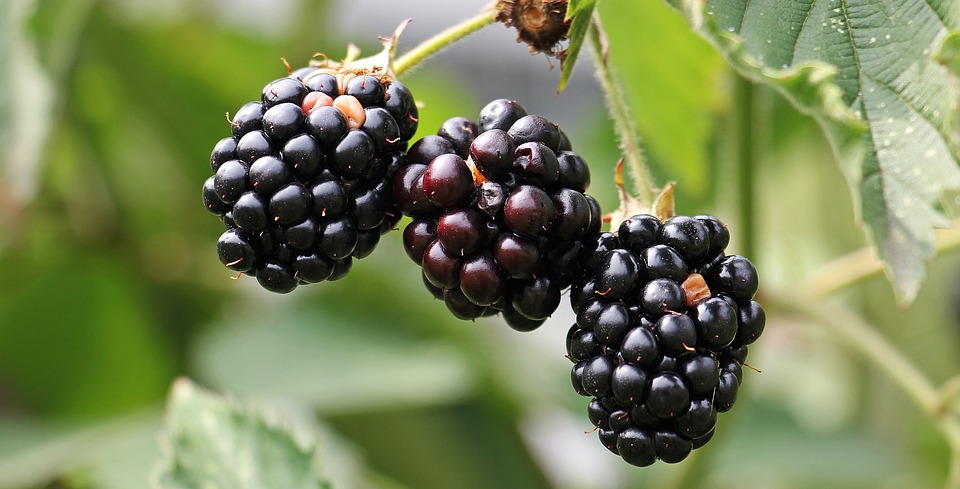Non-organic food has been a topic of discussion for years, but do you know the dirty truth about it? From pesticides to genetically modified organisms (GMOs), non-organic food can pose some serious health risks. In this article, we’ll explore the reasons why you need to make the switch to organic food.
Pesticides
Pesticides are chemicals used to kill insects, rodents, and other pests that can damage crops and reduce yields. While they may be effective in protecting crops, they can also be harmful to humans. Pesticides have been linked to health problems ranging from headaches and nausea to cancer and reproductive issues.
In contrast, organic farming practices use natural methods to protect crops from pests. For example, farmers may use companion planting, crop rotation, and natural predators to control pests. This reduces the need for pesticides and other harmful chemicals, making organic food a safer choice for you and your family.
GMOs
Genetically modified organisms (GMOs) are plants or animals that have had their DNA altered in a laboratory. This is done to make them more resistant to pests or herbicides, or to increase their nutritional value. While GMOs may seem like a good idea, they can pose serious health risks.
Studies have linked GMOs to allergies, liver and kidney problems, and even cancer. In addition, GMOs can be harmful to the environment, disrupting ecosystems and reducing biodiversity. Organic farming practices do not allow the use of GMOs, making organic food a safer and more sustainable choice.
Nutritional Value
Studies have shown that organic food is more nutritious than non-organic food. This is because organic farming practices focus on soil health and biodiversity. Organic farmers use natural methods to replenish soil nutrients, which results in more nutrient-rich crops.
In addition, organic crops are typically grown in smaller, more diverse farms that prioritize crop diversity and quality. This means that the food you eat is fresher, healthier, and more flavorful than non-organic alternatives.
The Bottom Line
Non-organic food may be cheaper and more readily available, but it comes at a cost. Pesticides, GMOs, and reduced nutritional value can pose serious health risks. By making the switch to organic food, you can protect your health and support sustainable farming practices.
Organic food may be more expensive, but it’s worth the investment. Look for organic options at your local grocery store, or consider joining a CSA (community-supported agriculture) program to get fresh, locally grown organic produce delivered right to your doorstep.
In conclusion, the dirty truth about non-organic food is that it can harm your health and the environment. By making the switch to organic, you can enjoy safer, more nutritious food while supporting sustainable farming practices.




